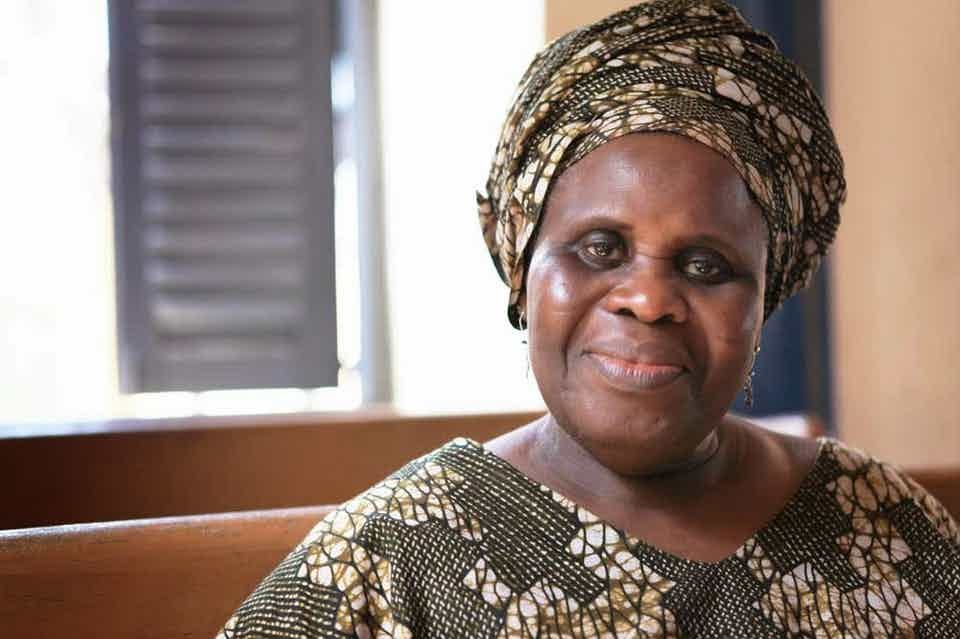SOURCE- Conversation.com
In recent years, philosophers and other thinkers have been rethinking how we see humanity and its place in the world. One reason for this change in thinking has been climate change: it has made humans realise that our actions have large and irreversible consequences. Many ideologies, religions and philosophies see humans as being at the centre of existence on earth, or as the rulers or stewards of all other life on the planet. But climate change forces us to realise that such a view of humans is precisely what might lead to the destruction of the world.
Seeing people as separate from or above all other beings would lead to an overuse of resources and violence against other creatures.
But even thinkers who have moved away from that view sometimes ignore the fact that all humans are not equally responsible for climate disasters. And people do not equally suffer the consequences. Developed countries use most of the earth’s resources and cause the most destruction. But the world’s poorest people disproportionately suffer the results of climate change.
It is therefore necessary to think differently about what the relationships between the human and the non-human world are and should be. And it’s equally necessary to avoid lumping all humans together and ignoring the violence that humans wreak on each other.
What would such a way of thinking look like? One answer, I’ve suggested in a recent analysis, can be found in the Ghanaian author Ama Ata Aidoo’s short story Nowhere Cool.

